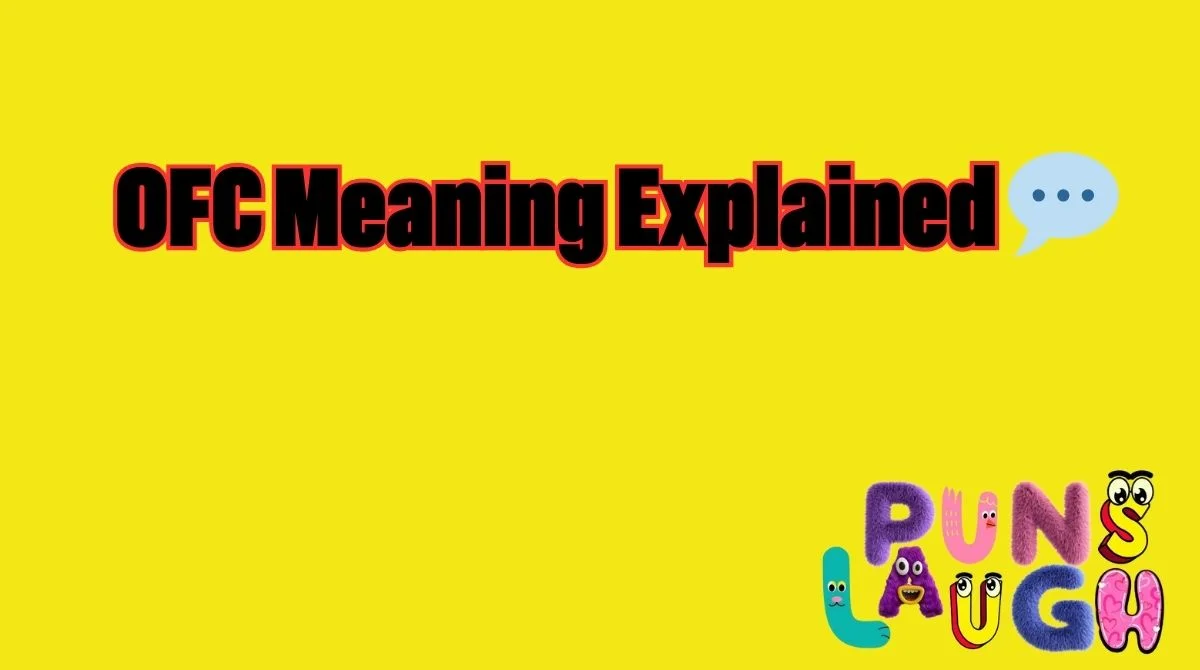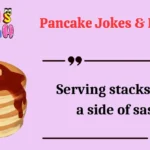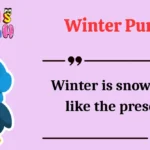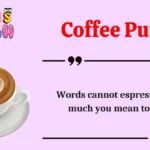Texting, chatting, and social media have introduced a whole new language.
Abbreviations and acronyms like OFC are everywhere, but what do they actually mean?
This guide dives deep into OFC meaning, origins, contexts, and examples, so you can understand it completely and use it confidently.
What Does OFC Mean?
At its core, OFC stands for “Of Course”. It’s a shorthand way to agree, affirm, or confirm something casually.
In simple terms, it’s used to respond affirmatively in a friendly, informal way. Instead of typing the full phrase, people save time with OFC.
For example:
- Friend: “Are you coming to the party?”
- You: “OFC!”
It’s that easy, but its usage can vary slightly depending on context.
OFC in Everyday Conversations
OFC pops up in everyday texting, chat apps, and social media. Its tone is casual, friendly, and sometimes playful.
Here’s a quick table of common conversational examples:
| Situation | Example Text | Meaning |
|---|---|---|
| Confirming plans | “OFC I’ll pick you up at 7” | Affirmative, agreeing to plans |
| Responding to a compliment | “Your outfit looks amazing!” → “OFC, thanks!” | Acknowledging thanks politely |
| Agreeing with opinion | “Pizza is the best dinner choice” → “OFC!” | Shows agreement confidently |
Notice how OFC is short, direct, and keeps the conversation flowing.
OFC Origin and History
OFC started gaining popularity in the early 2000s with the rise of instant messaging and SMS texting.
- Early usage was mostly in chatrooms and MSN Messenger.
- It later spread to platforms like WhatsApp, Snapchat, and Discord.
- Its simplicity and efficiency made it stick in internet slang culture.
Some linguistic studies suggest that abbreviations like OFC emerged because typing long messages on small phone keyboards was inconvenient. Over time, it became a recognized shorthand.
OFC in Text Messaging
Texting is the most common place you’ll see OFC. It’s often used to:
- Agree casually: “Do you want to hang out tonight?” → “OFC!”
- Respond positively to statements: “You’re amazing at this game” → “OFC”
- Set a friendly tone without overthinking the wording.
Why people use OFC in texts:
- Saves time.
- Adds a casual, friendly tone.
- Shows confidence or certainty.
Example text exchanges:
Friend: “Can I borrow your notes for the test?”
You: “OFC, I’ll send them over.”
Co-worker: “Do you want to join the project meeting?”
You: “OFC, I’m in.”
Using OFC in text is informal and best suited for casual conversations.
OFC in Online Chat / Social Media
OFC is everywhere in online chats. The meaning is generally the same as in texts, but slight variations exist depending on the platform.
Contexts:
- Discord / Messenger: Mainly used for quick affirmation.
- Snapchat: OFC can appear in stories or replies to indicate agreement casually.
- TikTok / Instagram Comments: Often used humorously or sarcastically, depending on context.
Snapchat Examples:
- “Are you coming to the beach today?” → “OFC 🌊”
- “This filter is amazing!” → “OFC lol”
Pro tip: Consider the tone and platform before using OFC. It works best in informal environments.
OFC in Professional / Business Settings
While OFC is casual, it occasionally appears in professional chats like Slack, Teams, or informal emails. However, caution is needed.
- Acceptable: When chatting with colleagues you know well.
- Not recommended: In formal emails or with clients.
Work Chat Examples:
Manager: “Can you review the report by 5 PM?”
Employee: “OFC, I’ll have it done.”
Team chat: “Are we ready for the presentation?”
Reply: “OFC, everything is set.”
It’s important to read the room. Using OFC in a professional environment can seem too casual if the context is formal.
OFC in Specialized Contexts
Sometimes, OFC has niche or professional meanings.
Medical
- Example: “Patient shows OFC response to treatment.”
- Context: Refers to Ocular Fundus Changes in medical shorthand.
Law Enforcement / Police
- In police reports or law-related documents, OFC is rarely used formally. It may appear in informal communication between officers.
Visa / Immigration
- Example: “OFC approved for entry.”
- Context: Indicates a formal “Of Course” approval in quick shorthand.
Urban Dictionary Perspective
- OFC is recognized widely on slang dictionaries as “Of Course”, confirming its primary meaning in online and text culture.
OFC from Different Perspectives
Gendered Usage
- Texts from females or males may use OFC differently depending on tone.
- A girl texting OFC might include emojis to soften the tone: “OFC 😊”
- A guy might use it plainly: “OFC”
Internet Culture
- OFC often appears in memes, comment sections, or casual forums.
- Its usage reflects confidence, sarcasm, or humor depending on context.
Comparison With Other Slang
| Slang | Meaning | Tone / Usage |
|---|---|---|
| OFC | Of Course | Casual, affirmative |
| LOL | Laugh Out Loud | Humor, joking |
| BRB | Be Right Back | Temporary absence |
| TBH | To Be Honest | Sharing opinion sincerely |
This table highlights why OFC is unique—it’s concise, affirming, and versatile.
Other Meanings of OFC
While “Of Course” dominates, OFC can have alternative meanings in different fields:
- Optical Fiber Cable – in tech or networking.
- Ocular Fundus Changes – in medical shorthand.
- Office of Federal Contract Compliance – in government or legal context.
Always consider context before assuming the meaning.
Should You Use OFC? (Pros & Cons)
Pros
- Saves time when texting.
- Sounds friendly and informal.
- Easy to type and universally recognized online.
Cons
- Can seem too casual in formal settings.
- Risk of being misunderstood by older generations or non-native English speakers.
- Overuse may make conversations feel repetitive.
Balanced approach: Use OFC in casual chats, social media, or informal work communication. Avoid in formal emails, academic writing, or legal documents.
Synonyms and Alternatives for OFC
Here’s a quick reference for phrases similar to OFC:
| Synonym / Alternative | Context | Notes |
|---|---|---|
| Obviously | Casual / Formal | Slightly more formal than OFC |
| Of course | Any | Full version of OFC |
| Yeah / Yep | Casual | Informal affirmation |
| Definitely | Casual / Professional | Confident agreement |
| Sure thing | Casual | Friendly tone |
These alternatives help you vary your language depending on tone and audience.
Examples of OFC in Conversations
Here are some realistic dialogues:
Example 1 – Casual Friend Chat:
Friend: “Want to grab coffee later?”
You: “OFC! What time?”
Example 2 – Social Media Comment:
Comment: “This is the best tutorial ever!”
Reply: “OFC, glad you liked it!”
Example 3 – Work Chat:
Colleague: “Can you send me the updated slides?”
You: “OFC, I’ll share them now.”
These examples highlight OFC’s flexibility, whether casual or slightly professional.
FAQs About OFC
What does OFC stand for in texting?
OFC stands for “Of Course”, used to confirm or agree casually in chats and texts.
Is OFC formal or informal?
OFC is informal and best used in casual conversations or friendly chats. Avoid using it in formal emails.
Can OFC be misunderstood?
Yes, especially by older generations or in cross-cultural conversations. Context is key to prevent confusion.
Are there professional uses of OFC?
It can appear in informal professional chats, but avoid using it in emails to clients or formal documents.
Are there other meanings of OFC?
Yes, in tech, medical, or government contexts, OFC can mean Optical Fiber Cable, Ocular Fundus Changes, or Office of Federal Contract Compliance.
Final Thoughts on OFC Meaning
OFC is one of the most versatile acronyms in modern digital communication.
Its simplicity, brevity, and casual tone make it perfect for texts, social media, and friendly chats.
By understanding its meanings, contexts, and appropriate usage, you can use OFC confidently without misinterpretation.
Remember: context matters. Use OFC in informal settings and choose alternatives in professional or formal environments.





